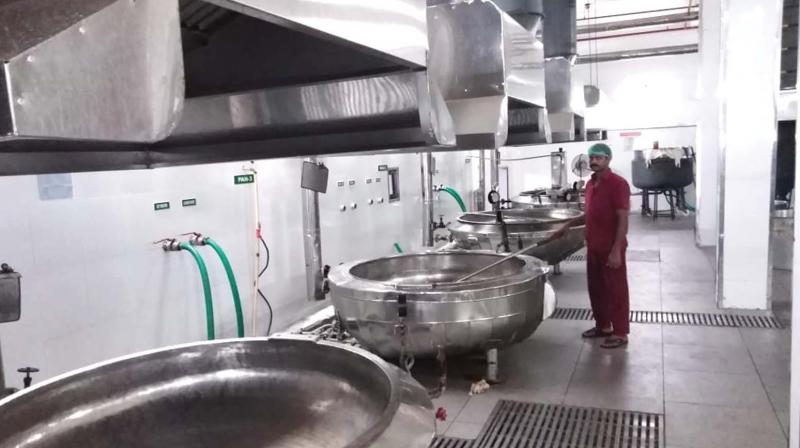Kochi: A disservice to ayurveda
The proponents of Ayurveda who are serious about this branch of medicine feel it’s letting the sector down.;

Kochi: A move by the state government to do away with the rules that mandated clinical trials for ayurvedic products will harm the sector, and will deny it a chance to prove itself using the standards of modern science, most of the serious players in the sector feel.
In 2010, the Union Ayush ministry introduced a new rule by amending the Drugs and Cosmetics Act, 1940, making clinical trial mandatory for proprietary medicines, especially for products manufactured for export.
Most Ayurveda drug manufacturing companies in Kerala now turn to clinical trial before introducing new patented and proprietary ayurvedic medicines, though it is not mandatory.
However, a section of ayurveda drug manufacturers appro-ached the centre listing out the practical difficulties in implementing the rule and sought its revocation. Based on their request, the Ayush ministry revised the norm in July 2018. But the Kerala government withdrew its order only in January this year. The order said that pilot studies as per the Drugs and Cosmetics Act, 1940 is a sufficient criterion for getting manufacturing licence.
This will adversely affect the sector, experts say. With the ayurveda drug manufacturing companies launching new and varied products, including personal care products, in the market, they should validate the drug claims with data generated by tests and trials, they say.
“The major disadvantage of Indian ayurveda is that it lacks a system to prove the efficacy and quality of its drugs as per modern scientific standards. There are references of thousands of effective drugs in ancient texts and if the effectiveness of these medicines in treating diseases could be scientifically tested and validated, the credibility of traditional system of medicine can be enhanced. The clinical research can verify the clinical, pharmacological and adverse effects (if any) of the drug. This will also boost the revenue aspects of ayurveda segment," said Dr. D. Ramanathan, secretary of Ayurveda Medicine Manufacturers Organisation of India (AMMOI). He is also the managing director and chief physician of Sitaram Ayurveda, Thrissur, the ayurveda drug manufacturing company which is set to introduce a new product after conducting clinical research, the first of its kind in the state.
Sitaram Ayurveda is also planning to submit more products for clinical trials.
"The major impediment to development of clinically tested ayurveda drugs in the state is the lack of coordination between the universities, research scholars and drug manufacturing companies. There should be an integrated approach and if the government takes measures to bring all these agencies under a single umbrella, the ancient system of medicine will have immense scope for development," Dr. Ramanathan said.
Dr. N. Vimala, former drugs controller for ayurveda, told DC that clinical trial should be made mandatory for ayurveda drugs. Otherwise, the medicines will not be accepted in international market. "Based on the 2010 rule of the Ayush Ministry, the government formed a set of guidelines for clinical trials and selected three colleges -- Government Ayurveda College, Thiruvananthapuram, Government Ayurveda College, Tripunithura and VPSV Ayurveda College, Kottakkal -- as the centres for the clinical research. An ethics committee has also been formed. It is unfortunate that the government has withdrawn the rule recently. Immediate measures have to be taken to reintroduce clinical trial mandatory for patented and proprietary ayurveda drugs," she said.
“There are very effective drugs in Ayurveda, but its effectiveness has to be proved through evidence based data to make it acceptable across the globe. This is a significant step for promoting Ayurveda,” she added.
Ayurveda practitioners with post graduation (having specialisation in the eight branches) stress the need to have more number of PG doctors and quality drugs to keep the ancient system of medicine in line with the changing times. “There has been increase in the rate of patients, especially youngsters switching to Ayurveda for specialised treatments to cure metabolic disorders like PCOD and gynaec issues, ante natal, post natal and sub fertility management. IT professionals, young business persons and executives are now aware of the advantages of Ayurveda treatment for correcting metabolic imbalance and enhancing the system of body’s functioning. Hence, it is crucial to make it up-to-date with changing times,” remarked Dr. R. S Hridhya, who holds Master’s Degree in Ayurvedic Gynecology (Prasoothi Evum Sthreeroga), senior medical officer, Sanjeevanam Ayurveda Hospital,
Kochi.

